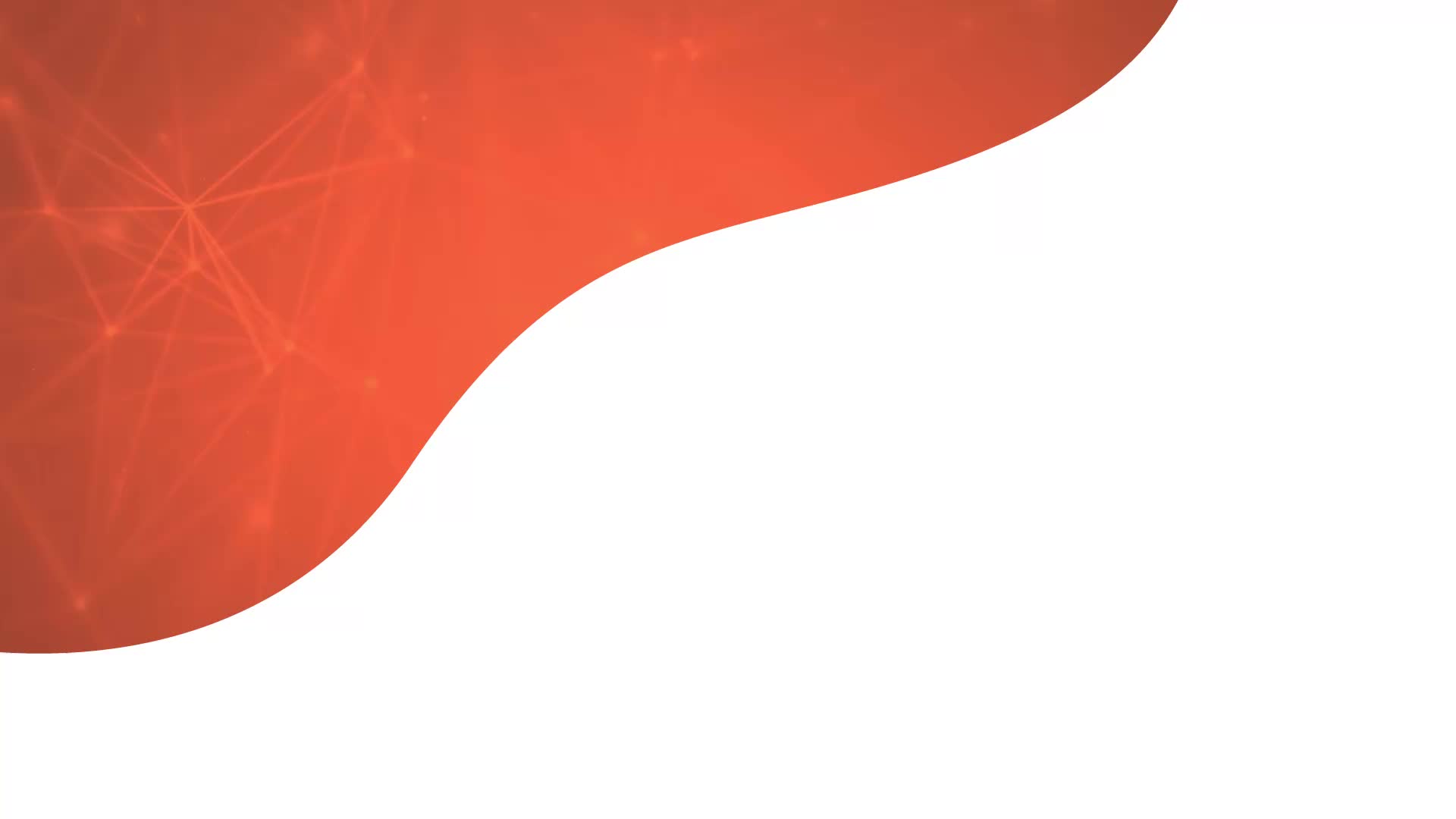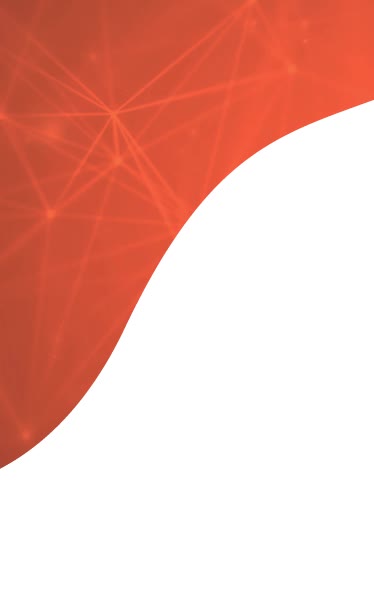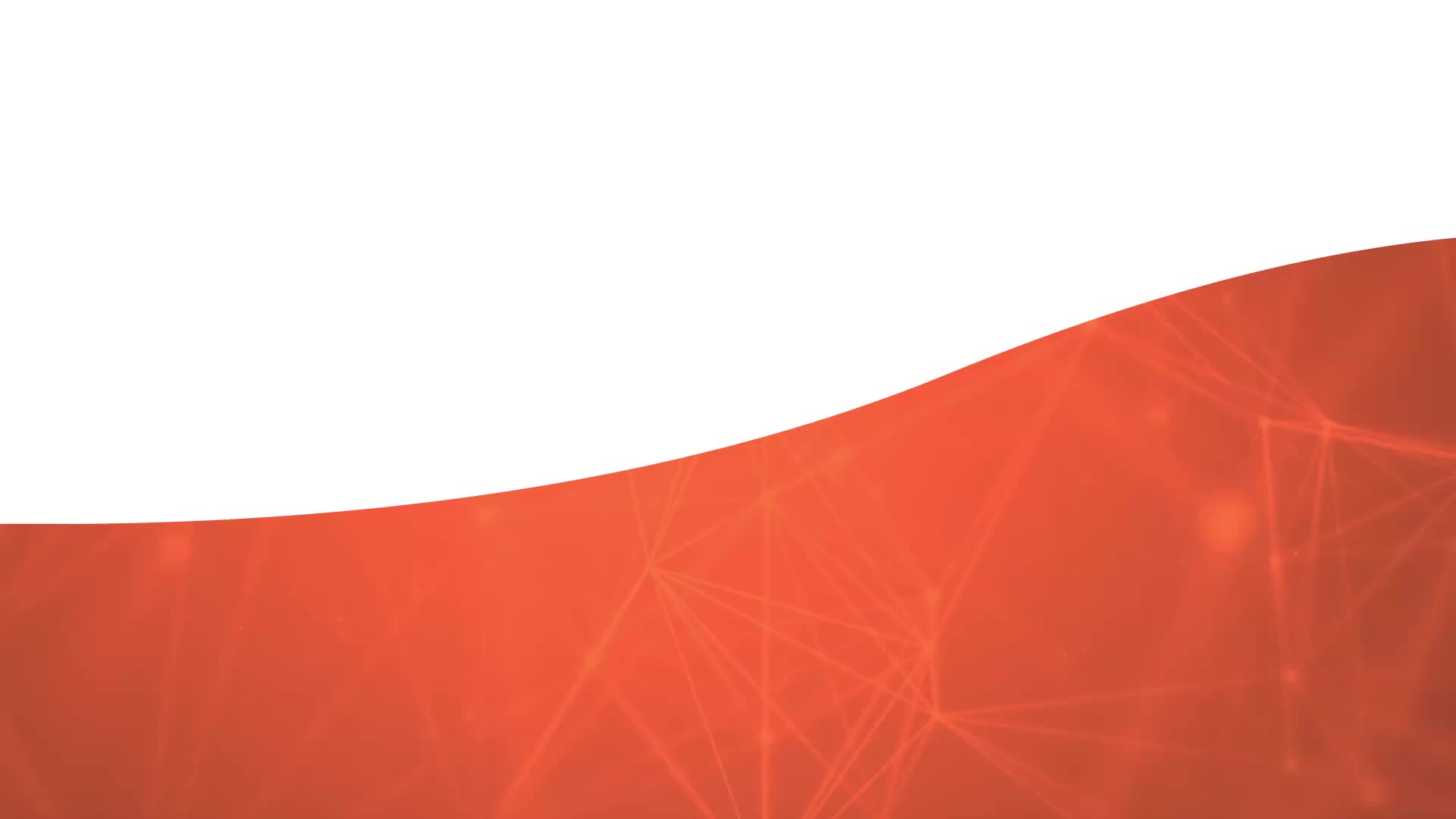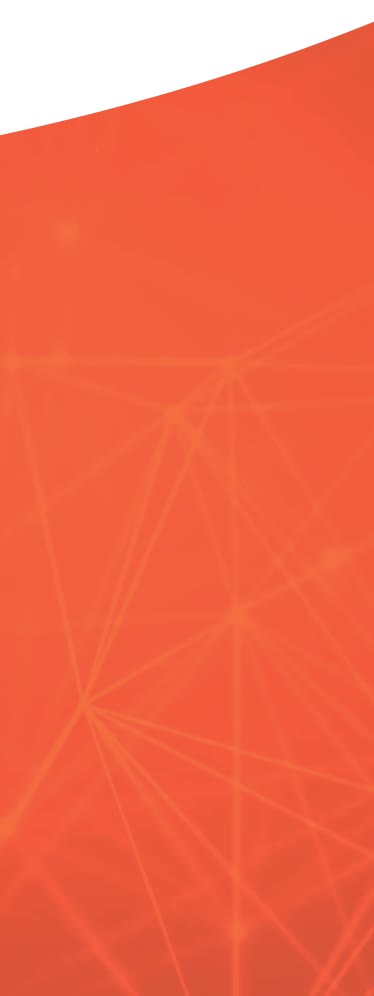Almost every digital and electronic device or product that we use relies on some kind of code. Technology and programming knowledge have both come a very long way since the very first kinds of programming languages were developed, but the function of code and the intention behind the creation of these languages remains the same.
C++ is one of the most adaptable and flexible high-level programming languages out there, used to create a huge variety of different programs and applications. If you’re a software or embedded systems engineer, a developer or a systems analyst, C++ is an incredibly useful language to be able to use. And if you’re a business owner who employs any of the aforementioned roles, hiring staff who can program in C++ could do wonders for the efficiency of your team and the products or systems you supply.

Introduction to C++
C++ is a high-level programming language that is so widely used, it is often referred to as the ‘swiss pocket knife’ of coding languages. It was first designed as an extension of the C language, but is now a standalone language that is one of the most popular styles of programming for graphical applications.
Whilst C++ was also originally developed for coding operating systems, it is now a general-purpose, cross-platform language. Commonly used to programme applications that run in Windows or Macintosh environments, it’s one of the most flexible language options out there that is used across the world for everything from basic code to complex computer programs.
What is C++ Used For?
C++ is used for writing code in a huge variety of different contexts, supporting object-oriented, procedural and generic programming. On a technical level, the language lets the user organise data and code into a program that they can understand, and then the coding platform or compiler translates this into instructions that a computer can follow.
This means that C++ can be used to write almost anything that runs on a computer, as long as the programmer knows what they are working towards and has a platform or device that the finished program can run on.
One of the main reasons why C++ is used as a programming language is because it allows users to reuse code instructions that they have already written, saving a lot of time having to write out identical functions. It also lets users combine data and instructions into ‘classes’ which can then be built out from one another to perform very complex functions that other coding languages can’t facilitate.
History of C++
The origins of C++ lie in the programming language known as C, which was developed by Brian Kernighan and Dennis Ritchie in 1970. C was created for writing operating systems code using simple procedure-oriented language and was an incredibly popular coding language at the time.
The only issue with C was the fact that, because it was procedure-oriented, programmers had to first describe the data when coding and then write procedures to manipulate it, which was quite time-consuming and confusing. To solve this problem, a new method of object-oriented coding emerged that grouped data together with operations that worked on them.
In the 1980s, a man called Bjarne Stroustrup working at Bell Labs in the United States started to develop an improved version of the C programming language that he called ‘C with classes’. This was because it was an object-oriented language, where the groups of data are also referred to as ‘objects’ or ‘classes’.
Stroustrup wanted a new type of code that was fast and efficient but could also produce complex, high-level features that could be used in large software development projects. The C++ programming language was born from his work, allowing data to be organised and processed much better than the majority of other languages.
Since its original development, the C++ language has been updated and refined to include new features that improve the code and what you can do with it.
C++11
The biggest update to the C++ language was C++11, so-called because it was released by ISO in August 2011. The update changed the way that you could write code in C++, making it much easier and more streamlined, and came with lots of new features in its library that expanded what could be achieved with the code and how efficiently it could be used.
Some of the most important new features that were included in the C++11 release were ‘auto’, which allowed the user to spend less time having to write things that the compiler already knew, ‘static assert’ which can be used to add conditions to template parameters, and four new unordered containers.
C++14
C++14 was the next update of the C++ code after the massive 2011 release, including fewer new features than the previous release but still bringing something new to the code. The intention behind the additions on the 2014 update was to help make the language more beginner-friendly, focusing on improving how lambda functions could be written, relaxing restrictions on ‘constexpr’ functions and allowing return type deduction for all functions.
C++17
In 2017 the C++ standards were updated again with C++17, another update with fewer new features than C++11 that still brought quite a few improvements to the code. This update was released to help users to write cleaner code and to improve the safety and security of programs or applications that were created using programming in C++.
C++20
The most recent update to C++ was in 2020 with C++20, a relatively new release of standards and features for the coding language. Some of the new features include a standardized mechanism for code reuse known as a ‘module’, coroutines that suspend a function’s execution and return control to the caller without the function losing its state, and ‘range’ features that let users filter data.
With new code updates expected every 3 years, users can decide whether they want to move to the updated versions or keep using the code they are familiar with. Although it can take time to learn how to use new functions or change the way that you write, it is useful to keep updated with the latest version of C++ so you can reap the benefits of each newest version.
What can you do with C++?
C++ is one of the most versatile programming languages out there, meaning that there are a huge variety of different things you can do once you have mastered writing the code.
Common uses for the language include:
- Building applications based on a graphic user interface
- Creating software used in animation programs for things like 3D modelling, simulation and rendering
- Developing web browsers, specifically their rendering engines
- Creating media players that manage both video and audio files
- Programming game development engines
- Supporting graphics applications that perform rendering and image processing
- Building operating systems, with Microsoft being the most common example of a system that uses C++
- Programming embedded systems that are used in medical devices, engineering technology and smart, wearable tech
- Programming compilers that translate other coding languages
How to Use C++
In order to use C++, you will need to learn how to write and use the code. If you study a subject at a higher education level that involves programming or coding then it is likely that you will be taught how to program in C++ early on in your degree, along with other commonly used languages.
It is also very easy to teach yourself coding in C++ by following tutorials or taking part in online workshops and training courses. It may take some time to get the hang of, especially if you are new to coding, but is an incredibly versatile language that you can do a lot with once you have mastered it.
Before you start learning and using C++, you’ll need a text editor to write the code and a compiler to translate your code into a language that your computer can understand. There are a variety of different code compilers available, but you can use something as simple as the Notes application on your computer to start writing the code.
Another option for starting programming in C++ is to use an integrated development environment (IDE) in which you can both edit and compile the code. Microsoft Visual Studio is a very popular choice, but there are also good options on Linux and Apple operating systems and devices.
C++ is notoriously a bit of a difficult programming language to learn, but the learning curve for many people also tends to be steep. Once you’ve mastered the basics it is easy to start writing more complex functions, and there are thousands of tutorials out there to help keep expanding your knowledge.
Frequently Asked Questions About C++
How long does it take to learn C++?
For most people, it takes an average of 2-3 months to get a basic grasp of the C++ programming language and be able to start writing code in it. It’s quite a complex language to get to grips with initially, so the amount of time it takes to learn will also depend on how familiar you are with programming and other languages.
Who invented C++?
The inventor of the original programming language that we now call C++ is Bjarne Stroustrup, who began working on it back in 1979 as part of a PhD thesis. C++ is an extension of the C programming language, which was invented by Dennis Ritchie, so many people often get the two inventors confused.
What is the difference between C++ and C#?
C# and C++ are two variants of the same programming language. The biggest difference between the two is that C++ is an object-oriented language whilst C# is a component-oriented programming language.
What is Microsoft Visual C++?
Microsoft Visual C++ is a computer program that translates programming code from one language to another and can be used with the C, C#, and C++ programming languages. It’s part of the Microsoft Visual Studio program now but was originally a standalone piece of software.
What is polymorphism in C++?
The direct translation of polymorphism means to have many forms and allows code classes to perform a single action in different ways. There are two main types of polymorphism in C++; compile-time and runtime polymorphism which rely on function overloading and function overriding respectively.
Summary
The best way to understand C++ as a programming language is to start writing code in it and see for yourself how it operates. Whether you work in the game development industry, build graphical user interface applications or write the code that is used to create web browsers and online databases, if you haven’t heard or used C++ we strongly recommend that you give it a go and see what you can do with it.
If you’re looking for a recruitment partner who knows the industry inside-out and can help find people with the skills and knowledge of programming languages like C++, get in touch and find out more about what our team can do for you.








